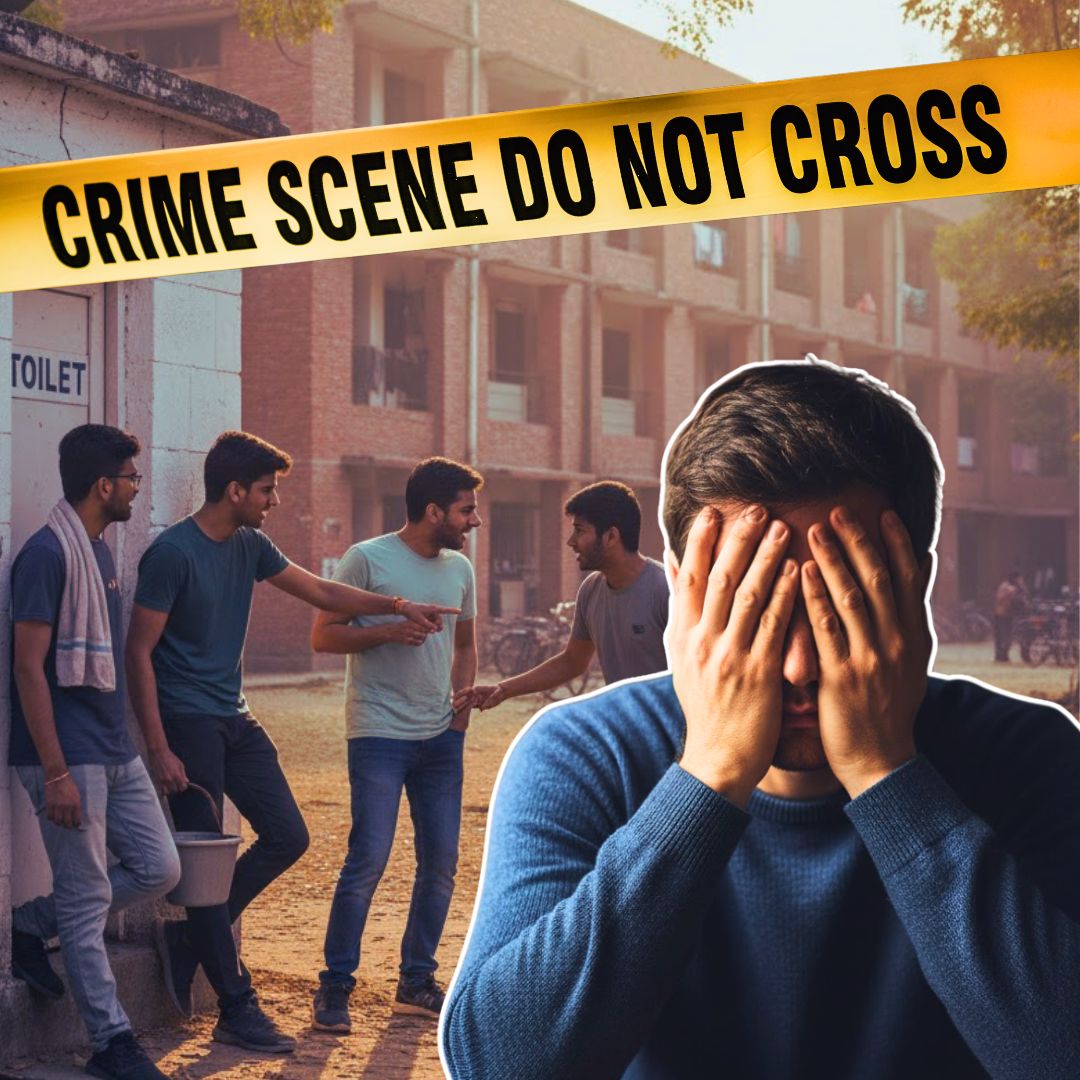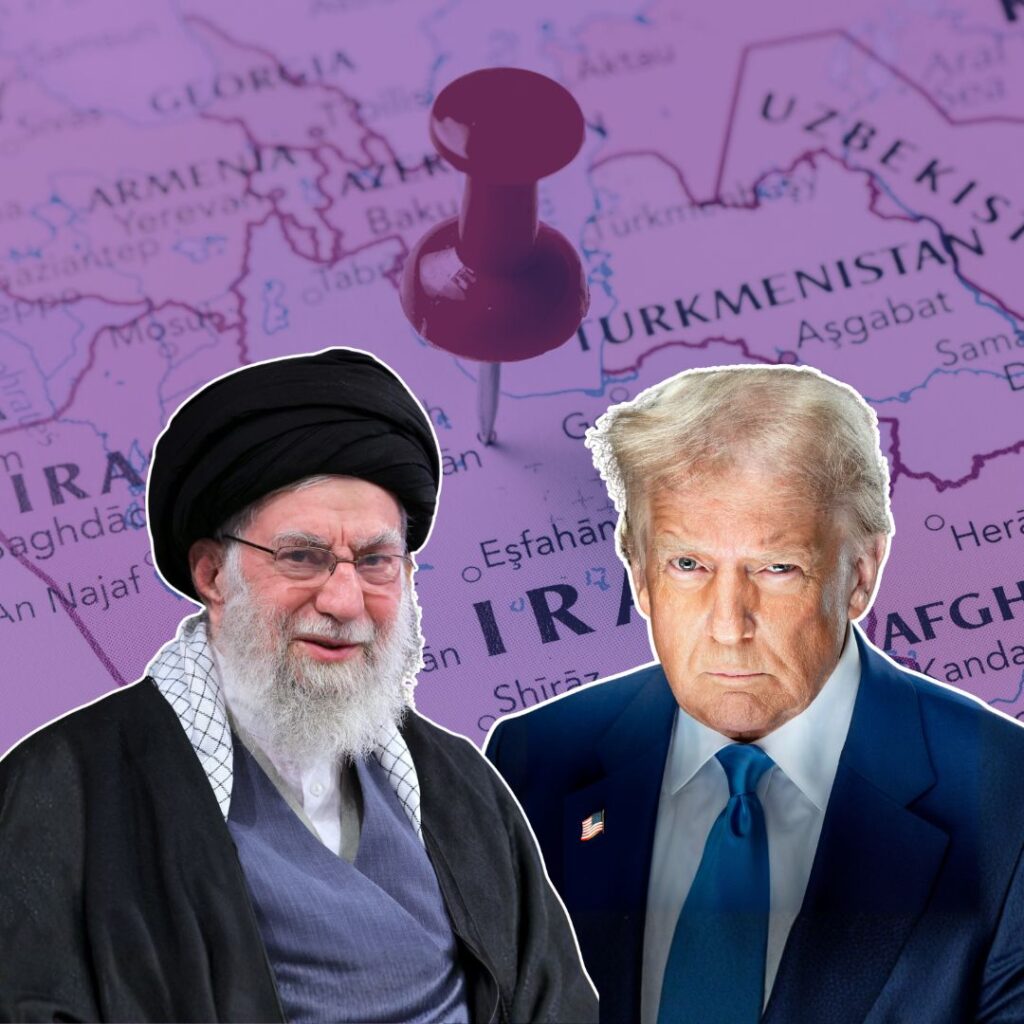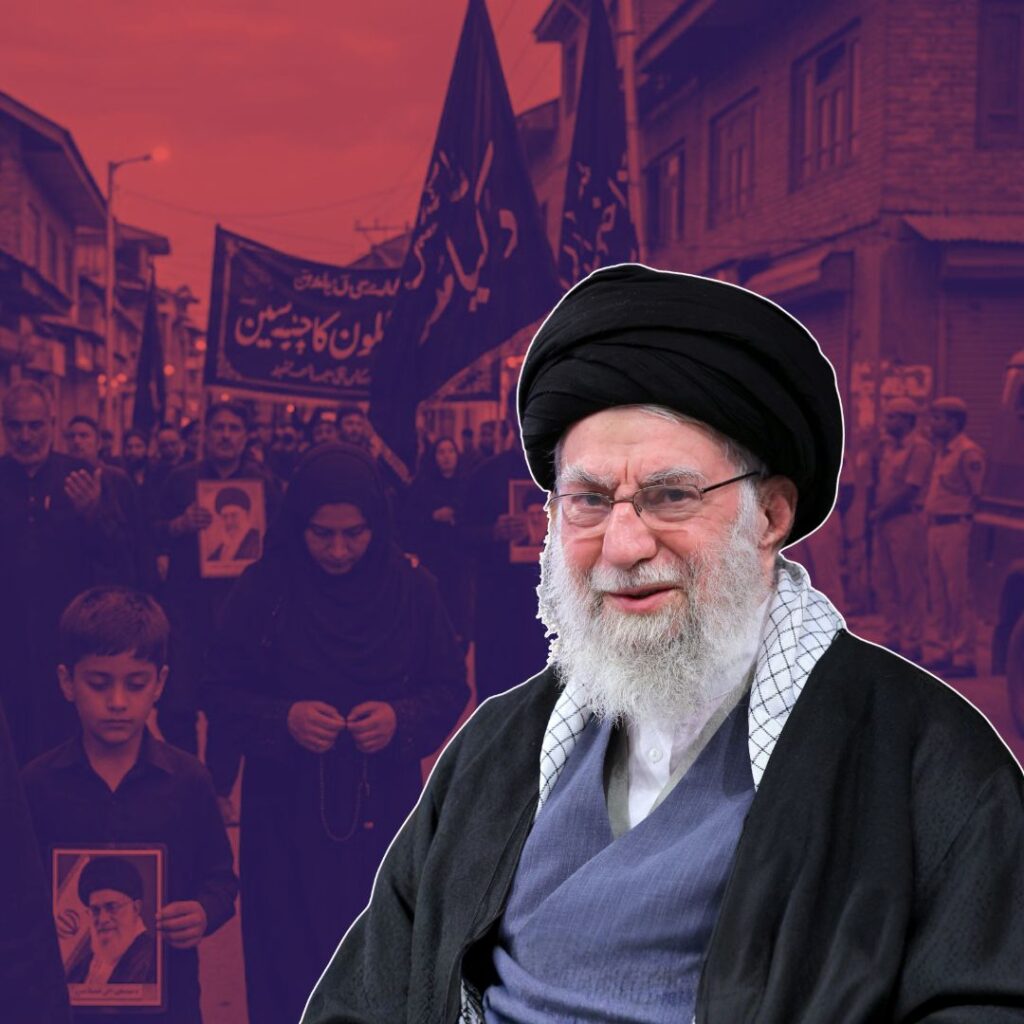Twelve tribal students at the Vanvasi Kalyan Ashram residential school in Talasari, Palghar district, were reportedly beaten with sticks by a 21-year-old former student for not properly cleaning the hostel toilet. The assault, which left the children with serious injuries on their hands and legs, led to the arrest of the accused, who is currently studying ITI.
Parents and social activists have condemned the act, demanding strict action against both the accused and the hostel superintendent, who has been accused of negligence in protecting the students. Authorities are investigating the incident to ensure justice and improve safety measures for vulnerable tribal children.
Violent Incident in Tribal Residential School
The attack took place within the premises of the tribal residential school’s hostel, where cleanliness responsibilities are given to the students. According to reports, the former student alleged that the 12 tribal students had not cleaned the hostel’s toilet properly, which prompted a violent response. Armed with sticks, he physically assaulted the students, causing injuries severe enough to require medical attention.
Police confirmed the accused’s arrest and stated that the injuries were primarily on the hands and legs of the children. The incident has caused significant distress among the students and their families, raising urgent concerns about the safety protocols in tribal educational institutions.
Community Outrage and Demand for Justice
The families of the students and local social activists have expressed deep outrage at the incident. Many parents have voiced concerns over the mental and physical trauma their children endured, calling for swift and severe punishment for the perpetrator. They have also held the hostel superintendent accountable, accusing him of failing in his duty to protect the students and maintain a safe living environment.
The community’s demand for justice highlights the broader issues of accountability and oversight in residential schools serving tribal children. Activists fear that such violent incidents may be symptomatic of systemic neglect and abuse in some tribal hostels, calling for immediate government intervention.
Background and Systemic Concerns
Residential schools for tribal children frequently face criticism regarding inadequate infrastructure, poor supervision, and harsh disciplinary methods. This incident sheds light on the vulnerabilities faced by tribal students in these institutions, where punitive practices may sometimes replace constructive dialogue and support.
Experts argue that the lack of proper monitoring and the absence of effective grievance redress systems contribute to a culture where abuse can go unchecked. Given these challenges, the tribal residential school in Talasari has come under scrutiny, urging authorities to re-evaluate policing and management practices within the system.
Policy Implications and the Way Forward
The arrest of the accused marks an important step towards addressing individual responsibility, but it is not enough. Parents and activists have emphasized the urgency for systemic reforms to protect tribal students nationwide. This includes stricter supervision of residential schools, increased training for hostel staff on child safety and rights, and the establishment of transparent complaint mechanisms accessible to students and their families.
Experts also advocate for community engagement and close collaboration between government bodies and local organisations to create safer educational spaces.
The Logical Indian’s Perspective
The Logical Indian strongly condemns this violent act and stresses the essential need for kindness, empathy, and respect for human dignity in educational settings. Places of learning, especially residential schools, should be safe havens where children can grow, learn, and thrive without fear of violence or humiliation.
Disciplinary matters should be handled through open dialogue, encouragement, and care, rather than through fear or physical punishment.
This incident should be a catalyst for society to unite-policymakers, educators, communities, and activists alike-to rebuild faith in the institutions responsible for nurturing the country’s most vulnerable children.











